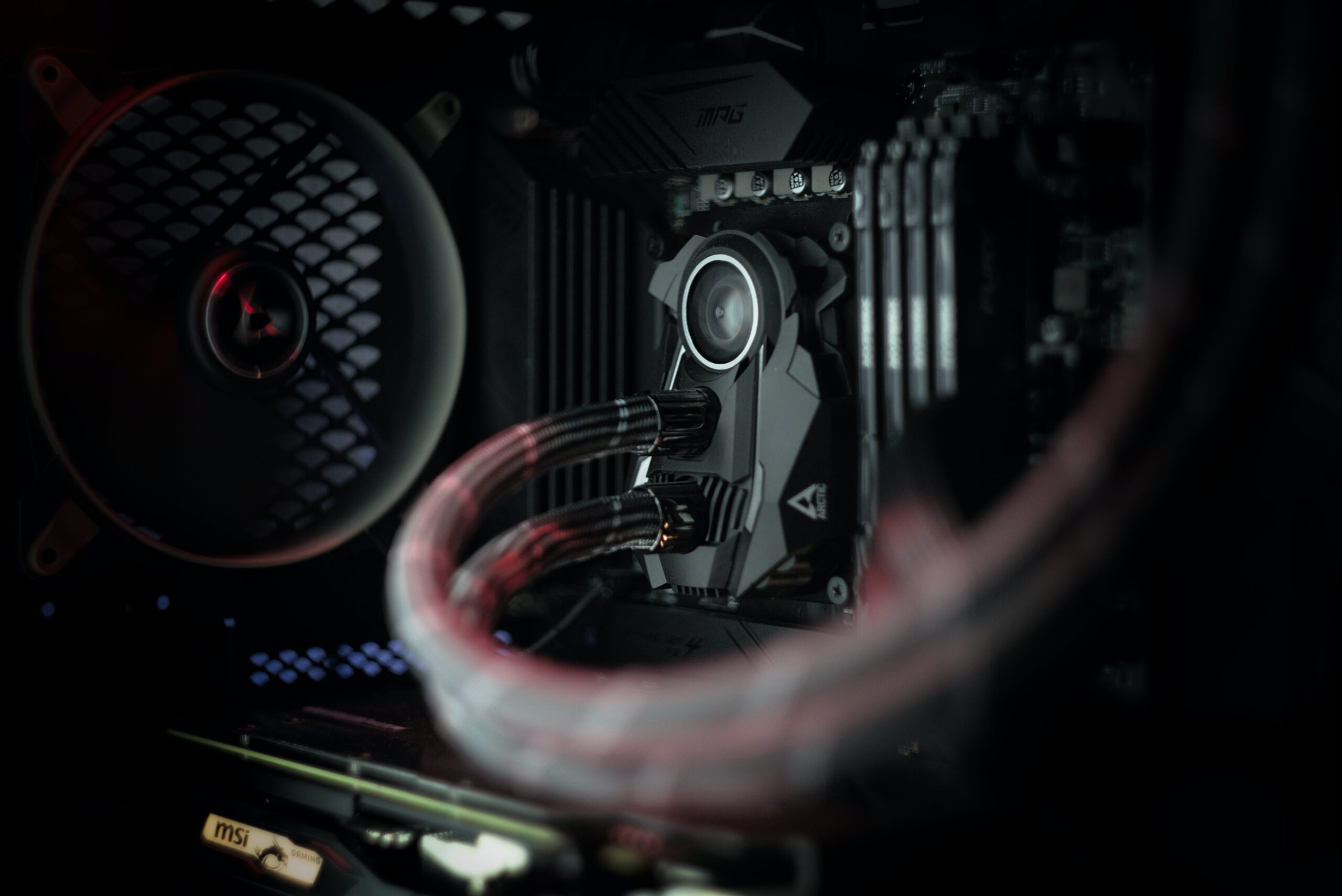- February 5, 2024
The Promise of Quantum Machine Learning: Bridging the Gap Between Theory and Practice

Quantum computing, a revolutionary paradigm in computation, holds the potential to revolutionize machine learning and artificial intelligence. By harnessing the principles of quantum mechanics, quantum machine learning promises to unlock unprecedented computational power and address complex problems that are beyond the reach of classical algorithms.
At the heart of quantum machine learning is the concept of quantum superposition and entanglement, which allows quantum computers to process and manipulate information in ways that defy classical intuition. Unlike classical bits, which can be in a state of either 0 or 1, quantum bits or qubits can exist in a superposition of both states simultaneously, enabling exponential parallelism and computational speedup.
One of the most promising applications of quantum machine learning is in optimization problems, where quantum algorithms can search vast solution spaces more efficiently than classical counterparts. From portfolio optimization and logistics planning to drug discovery and materials science, quantum machine learning has the potential to revolutionize decision-making and problem-solving across diverse domains.
Another area of interest is quantum neural networks, which leverage quantum circuits to perform machine learning tasks such as classification, regression, and clustering. While still in its infancy, quantum neural networks offer tantalizing possibilities for accelerating training and inference tasks, particularly for large-scale datasets and complex models.
Despite its immense promise, quantum machine learning faces significant challenges and obstacles on the path to practical implementation. From the need for error-correction and fault-tolerance to the scarcity of quantum-ready hardware and the complexity of quantum algorithms, there are many hurdles to overcome before quantum machine learning can fulfill its potential.
In conclusion, quantum machine learning represents a bold frontier in the quest for artificial intelligence and computational supremacy. With its ability to harness the power of quantum mechanics to tackle complex problems, quantum machine learning offers a glimpse into a future where machines can surpass the limitations of classical computation. As researchers and engineers continue to push the boundaries of quantum computing and machine learning, the promise of this transformative technology holds the potential to reshape our understanding of intelligence and computation in profound ways.